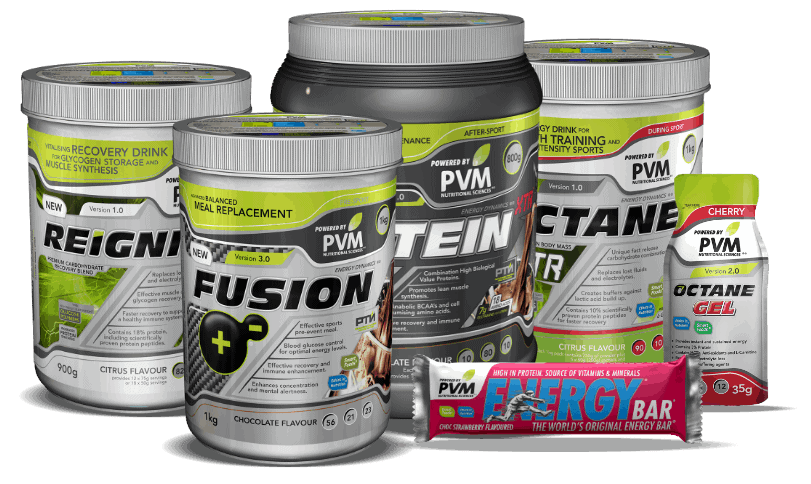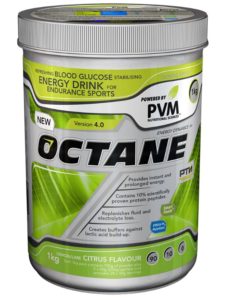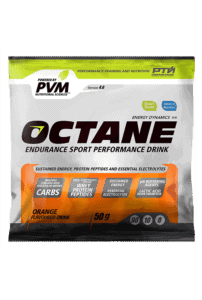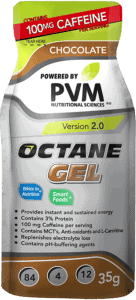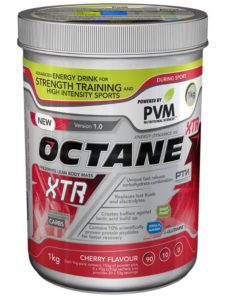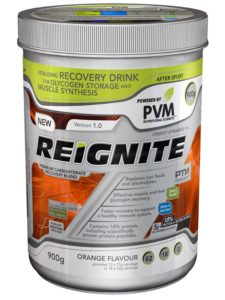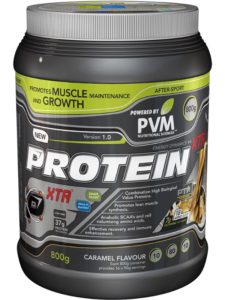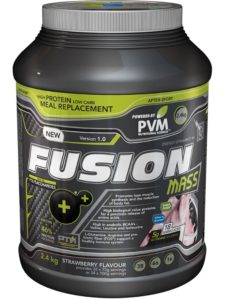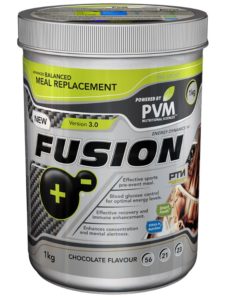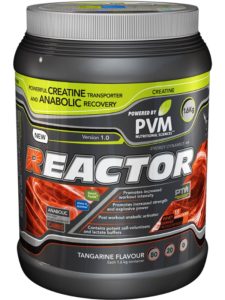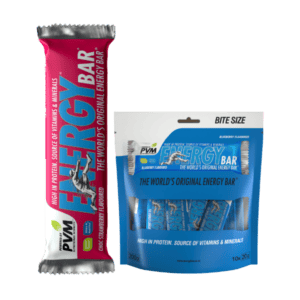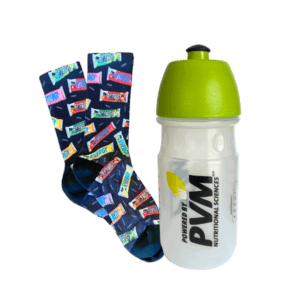Exercise and training are important to improve general health and athletic performance. Professional athletes understand that they have to be fit for purpose, therefore they have to engage in specific and deliberate training during preparation for competition. Changes occur in the human body in response to specific training strategies, allowing athletes to become bigger, faster stronger, fitter, etc. These changes are collectively referred to as adaptations. A sound nutrition recovery protocol enhances training adaptations and ensures optimal performance during subsequent training bouts. Optimal recovery after training and whilst competing is, therefore, critical for peak performance.
Recovery can last up to 24-48 hours after exercise (and in some cases even longer) depending on the type, intensity, and duration of the training session. Various windows of opportunity exist during the immediate, extended, and prolonged recovery phases as a result of specific physiological and metabolic requirements. The immediate recovery phase occurs within the first hour after training, whereas the prolonged recovery phase is 1-4 hours post-training. Extended recovery >4 hours post-training and is prioritised specifically during deep sleep.
Immediate recovery is crucial for optimal recovery and carries over to the next phases, thus, poor recovery strategies immediately after training lead to suboptimal prolonged and extended recovery. Factors that promote recovery immediately post-training include:
- The human body is in a catabolic state immediately after physical exercise, therefore, energy and nutrient delivery to the muscle is enhanced.
- Exercise increases the movement of glucose into the muscle cell via insulin.
- Exercise increases the activity of the enzyme responsible for glycogen synthesis (glycogen synthase).
Notably, studies show that delaying nutrient intake by only 2 hours post-training decreased glycogen re-synthesis by 50% compared to nutrient intake directly after training.
The nutritional goals of immediate recovery can be summarised by the 4 R’s, namely Restore, Rehydrate, Repair, and Reinforce.
| GOALS | GUIDELINES |
|---|---|
| Restore/Replenish muscle and liver glycogen (carbohydrate stored in muscle) after training. Glycogen is the storage form of carbohydrates. | Consume 0.7-1g/kg body mass carbohydrates. Ideally choose a combination of fast releasing and slow releasing carbohydrates to ensure quick glucose availability to the muscles without drastic blood glucose fluctuations. |
| Rehydrate with fluid and electrolytes based on sweat loss in training. | Carbohydrates should be combined with electrolytes to rehydrate post-training. This solution should ideally be a hypotonic or isotonic drink to increase the absorption rate. |
| Muscle repair and synthesis | Consume protein at 0.2-0.5g/kg body mass OR 10 – 20 g protein in combination with carbohydrates. |
| Reinforce training adaptations and immune system support. Recovery strategies should support the synthesis of red blood cells and other cellular components as part of the repair and adaptation process. | Focus on consuming colourful and anti-oxidant rich foods (e.g. fruits, vegetables, whole grains, fish, nuts, olive oil). |
